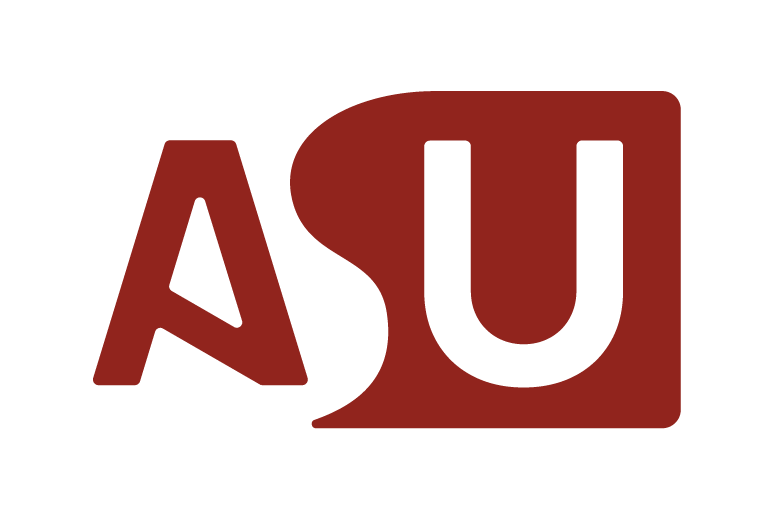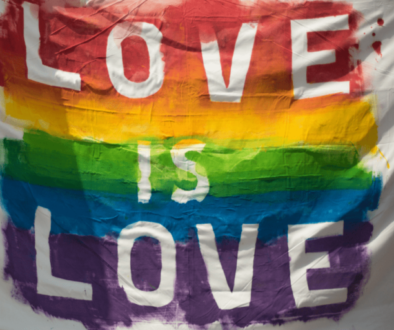Ukraine – Russia – Africa: the enchanted circle
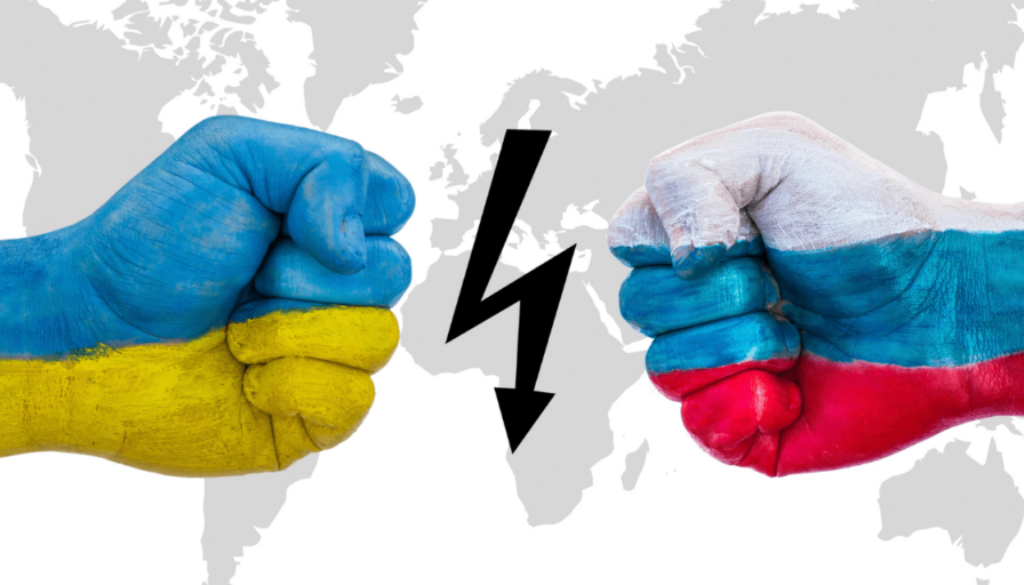
As a wave of political and economic instability sweeps across the globe, tensions are rising in all of its corners. The African continent is no exception, notably today, recording an exponential rise in military coups – no less than 4 in the past two years. Its relations with Europe are facing a rather downward spiral while its cooperation with China and Russia grows unceasingly.
Yesterday, a new war erupted in Eastern Europe, following the Russian invasion of Ukraine. The West has condemned what is thought to be the worst European war since WWII, along with Africa. Yet, the situation of the African continent amidst the Russo-Ukrainian war might turn out to be rather complex, caught between the complicated realities of geopolitics and ideology.
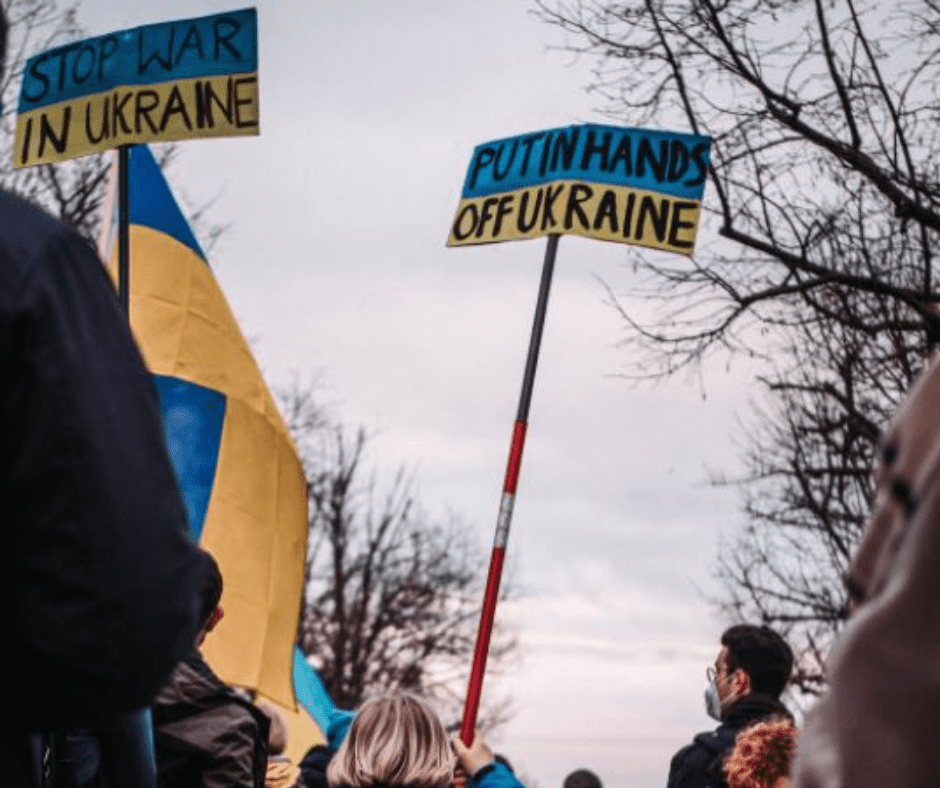
Africa and Russia
Following the Russian isolation after its annexation of Crimea in 2014, the latter has sought to reinforce the diversification of its diplomatic and economic relations, turning notably towards China and Africa.
Its presence is particularly influential in authoritarian states where troops of a controversial paramilitary group Wagner, said to have close links to the Kremlin, are regularly deployed. This is the case of Libya and the warlord Khalifa Haftar who has been relying on Russian support ever since 2019. Other examples include the Central African Republic, Sudan or, most recently, Mali. The presence of these troops is often officially denied, however, reports suggest that these troops, said to fight Islamist militias, are involved in various rather shady deals concerning revenues from gold and diamond mines.
What is more, Russia seems to be paving its way towards strategic ports in areas like the Mediterranean Sea or the Suez Canal, reshaping the map of international influence.
On the economic level, it is important to mention two commodities that define Russo-African economic ties – weapons and grain.
When it comes to weapons, Russia controls almost half of the African market, selling weapons to countries like Angola, Algeria, Egypt, Morocco or Sudan. These include different types from guns to helicopters or air defense systems. There are claims which define this weapon-selling as a sort of a leverage used to gain access to natural resources.
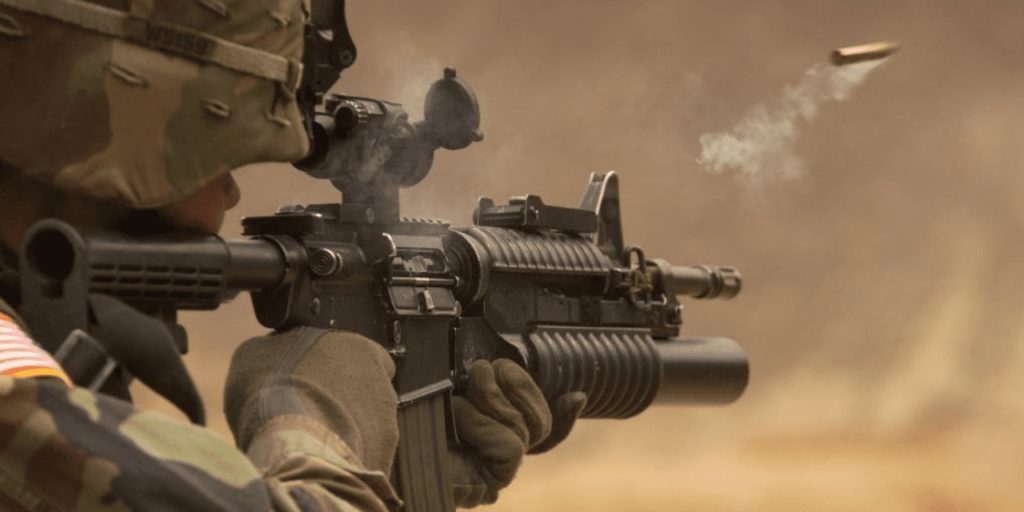
Wheat Diplomacy
The term Wheat Diplomacy is one of the most important factors in this critical situation apart from gas. According to Le Figaro, about ¼ of the 180 million tons of wheat exported in the world every year comes from Russia, making it the biggest wheat exporter in the world. One-third of the overall wheat exports are sent to North Africa and Russia is on its way to conquer the market. It is already doing so in Egypt while turning more and more to other North African states such as Morocco or Algeria, Sub Saharan Africa, and eventually, the Middle East.
Ukraine, on the other hand, is a key wheat diplomacy player too. The country is the 5th biggest wheat exporter in the world and one of the biggest exporters of maize. And just like in the Russian case, a consequent part of its wheat exports head to North Africa. Therefore, the invasion which has already reached the country’s capital, Kyiv, will have disastrous consequences on the international economy, Africa included. Moreover, strategic ports like Odessa, which constitute major points for the maritime trade in the Black Sea, would deeply destabilize Ukrainian exports and imports if taken over by Russia.
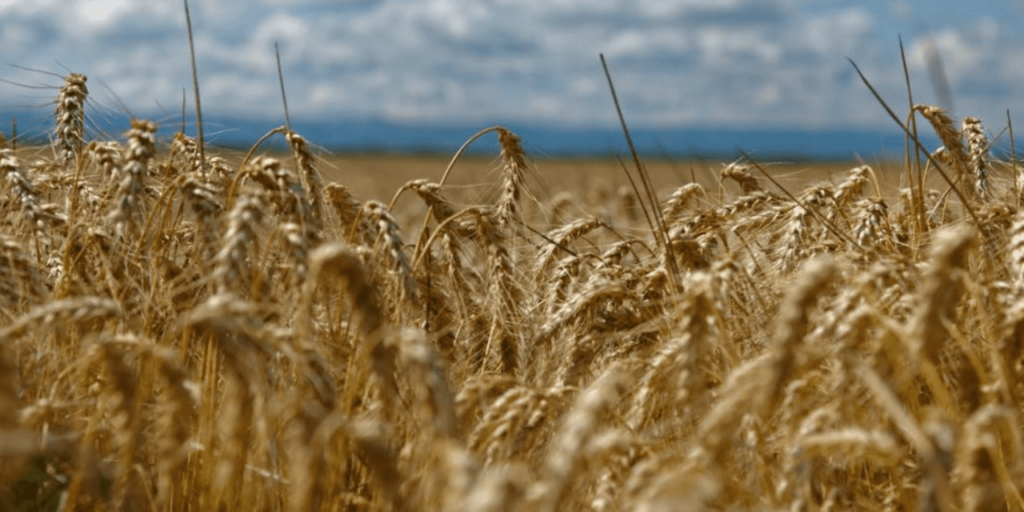
Africa and its response.
The Russian invasion of Ukraine is facing international condemnation, criticism, and economic sanctions. Africa is no exception to this even if certain reactions are still unknown.
South Africa, for instance, has called for the immediate withdrawal of Russian troops from Ukraine, despite having important economic ties with Russia as a BRICS member. “Armed conflict will no doubt result in human suffering and destruction, the effects of which will not only affect Ukraine but also reverberate across the world. No country is immune to the effects of this conflict,” a government statement said.
Kenya, a non-permanent member of the UN Security Council, has also condemned the invasion. Martin Kimani, the country’s ambassador at the UN Security Council said: “The territorial integrity and sovereignty of Ukraine stands breached. The charter of the United Nations continues to wilt under the relentless assault of the powerful.” The invasion could have a profound impact on its economy, pushing it into a delicate situation – Russia is one of the top five consumers of its tea which would be critical to maintain should Russia be banned from the international payments systems.
Ghana and Gabon have, for their part, also condemned the invasion. More than one thousand Ghanaians currently study in Ukraine, along with thousands of Nigerians, Egyptians or Moroccans. For African students, Ukraine is one of the most important destinations.
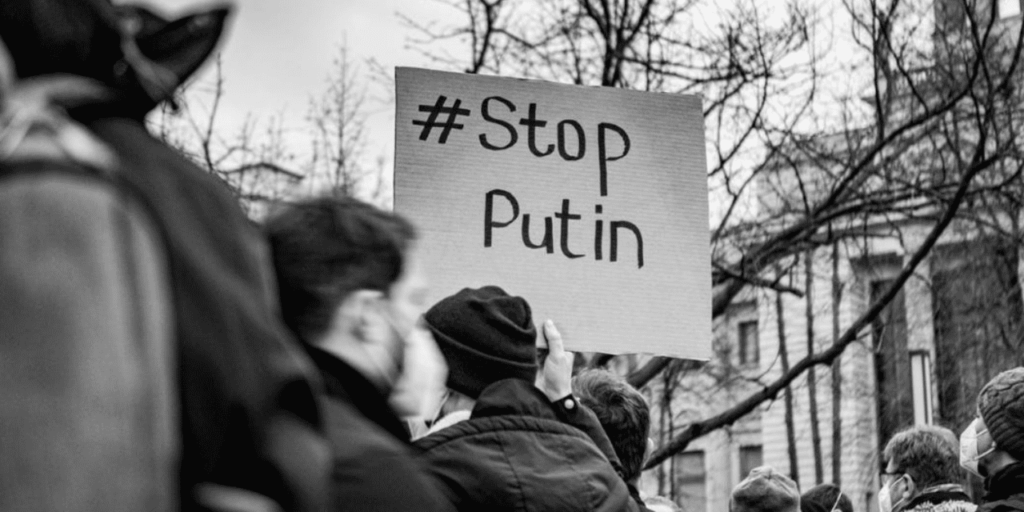
Rising wheat and oil prices, inflation, and humanitarian crisis are only a few of the destructive consequences of the Russian invasion of Ukraine. Its illegal annexation of Crimea in 2014 has cost more than 13 000 lives and hundreds of thousands of people have been displaced ever since.
On the 24th of February 2022, a new invasion took place. Once again, international law has been violated and ignored by Mr. Putin. Already, more than 100 000 people are trying to flee the country and more than 194 have been killed. Many Ukrainian cities, including the capital, are being targeted by Russian ballistic missiles. This catastrophic scenario has been accepted too many times. Today, it is imperative for us to stand with Ukraine if we don’t want the European and international order to be restructured forever.
Sources:
- https://www.bbc.com/news/world-africa-60507209
- https://africacenter.org/experts/joseph-siegle/russia-strategic-goals-africa/
- https://www.aljazeera.com/news/2022/2/17/infographic-russia-ukraine-and-the-global-wheat-supply-interactive
- https://www.lefigaro.fr/conjoncture/diplomatie-du-ble-comment-la-russie-etend-son-influence-en-mediterranee-20200904
